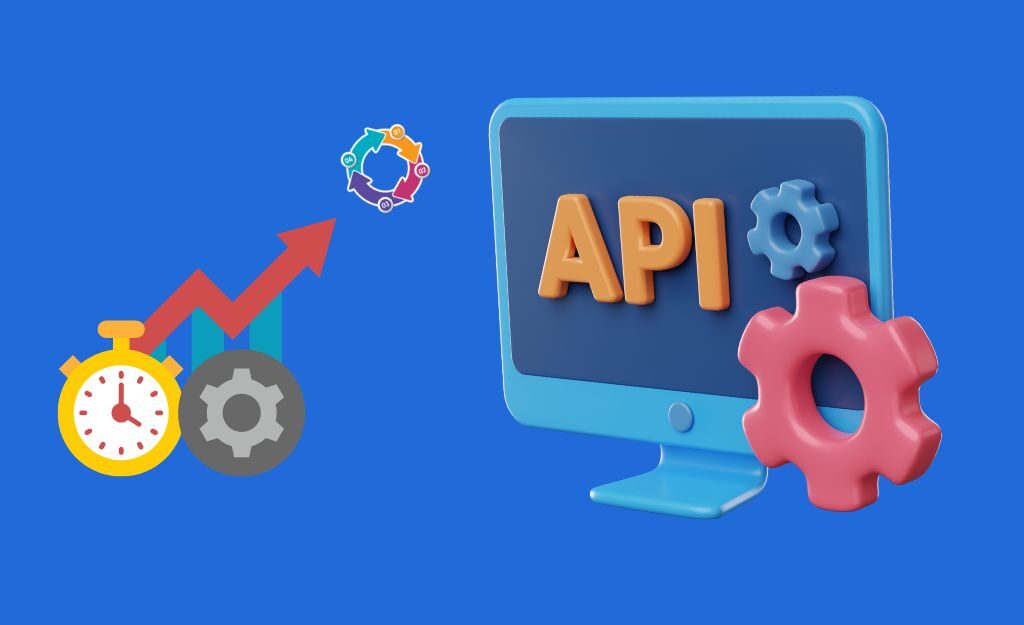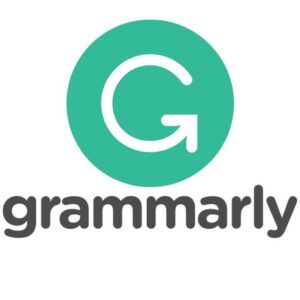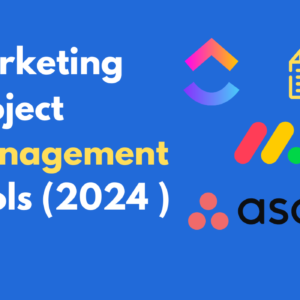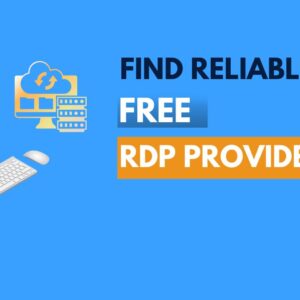It’s no wonder that Notion has quickly become the darling of productivity geeks everywhere. It provides an elegant means to centralize your notes, tasks, databases, and more from one place.
But, did you ever think what programming Language is used to develop this handy dandy functionality? While knowledge of the technology Notion is built-on might satiate anyone’s curiosity, it also enlightens us into how Notion is able to perform so seamlessly.
The Direct Answer Of: What Programming Language Is Notion Written In?
Notion is primarily written in JavaScript, utilizing React.js for the frontend and Node.js for the backend. Additionally, it uses PostgreSQL for database management and Electron for cross-platform desktop applications.
1. The Core Technology Stack
A robust technology stack is what underpins Notion’s impressive performance and versatility Guys! It has other frontend and backend technologies as well as Database Management property.
2. Frontend Technologies
(HTML, CSS, and JavaScript)
At the heart of it, Notion (or any application for that matter) was made up with all these basic web technologies — a structure with HTML, styling with CSS and interactivity using JavaScript. That’s why the interface is fully responsive thanks to such technologies.
React. React Component: js: Backbone of Notion UI
The magic happens with React. js- a powerful library for building user interfaces with JavaScript. React., With js, Notion can create components that are dynamic, and responsive leading to a more pleasant user experience.
Benefits of Using React. What is React Good at? (Benefits of using react) js in Notion If you’ve ever tried writing a code block on markdown files or using html/js in Notion.
React. {
“type”: “React”
} js is able to provide secure, fast and efficient updates/render because of which an application like Notion which constantly needs real-time updates can rely on. With its component-based architecture, it’s also much more manageable to work with and scale the codebase.
3. Backend Technologies
Node. Runtime: Node. js: The server-side powerhouse
This is powered by Node on the backend. Node.js® is a JavaScript runtime built on Chrome’s V8 JavaScript engine. Node. Node. js — the magic sauce with a cherry on top: (well ) known for its event-driven architecture which allows it to handle concurrent operations in an efficient manner.
Benefits of Using Node.js
Using Node. That is where we need Node. This enabled Notion to use a single programming language (JavaScript) on both the frontend and backend making development easier. Since its I/O operations are non-blocking, it is perfect for applications that involves real-time interactions.
and rest resources to other backend services. portions of Tripit, Yahoo and SalesForce have been translated into Go, thanks to our integration with the respective companies’ engineering organizations.
Notion’s backend is connected to many other services as well, enabling some of the functionality. It is these integrations that keep Notion in sync with external APIs and services, delivering a consolidated experience to the users.
4. Database Management
⦿ A production-ready PostgreSQL to store your data
Notion uses a powerful open-source SQL database called PostgreSQL for data storage. PostgreSQL is known for being reliable, having a rich feature set and excellent support for complex queries.
⦿ Why use PostgreSQL with Notion?
Those advanced features, combined with PostgreSQL’s full-text search capabilities and built-in JSON support, mean Notion can work pretty efficiently when it comes to storing a wide variety of data types. Strong data integrity features also assure that the customers’ maintains accurate and consistent data.
⦿ Data Security and Performance
There are multiple strategies Notion implements, to ensure data security and performance. Using encryption and built-in indexing, PostgreSQL provides a more secure environment while maintaining fast read times.
5. Supporting Technologies
⦿ Electron: notion on your desktop
We use Electron in order to have a smooth and uniform experience on all possible OS’s as it enables us to treat web technologies like their desktop counterparts — namely, building applications for the Mac app store.
6. Why using Electron for Cross-Platform Development is a Good Choice?
Notion can run on Windows, macOS and Linux without breaking a sweat thanks to the Electron framework which makes it possible for Notion to work regardless of operating system or platform users interact with. It is crucial for maintaining broad base of Notion’s users so this cross-platform capability.
Further enhanced by numerous other libraries and frameworks Notion uses to increase capabilities and accelerate performance. “I think we’ve picked all these ancillary technologies really thoughtfully and made sure that they fit in with the Notion architecture,” Michel said.
The Role of APIs in Notion

1. Internal APIs for Seamless Functionality
As mentioned before, Notion itself is built on internal APIs to have better control over the features. These API’s help to maintain clear communication between two of the different parts in an application that helps it work smoothly and keep it updated in real-time.
2. External APIs for Integration with Other Tools
What makes it all possible is Notion’s use of external APIs to connect with other tools and services. With this, users are able to integrate Notion with Slack, Google Calendar and many more tools making it even more powerful and flexible.
3. Caching Strategies
Notion employs many caching techniques to keep performance high. Load times can be improved by caching data to lessen the frequency of reads. This will lead to enhanced user experience overall.
4. Load Balancing
Notion also uses Load balancing as another important technique. Notion also gets around this usefulness bottleneck by distributing incoming traffic across multiple servers, so that no single server ever receives too much and performance remains high even under heavy load.
5. Code minification and bundling
So what does all that mean, exactly? Minifying and bundling code means the application will be physically smaller — how quickly a small piece of software can load often has a direct correlation with its performance.
6. Data Encryption
and till this date Notion has the best encryption in place. User information is kept secure using encryption for both data at rest and in transit.
7. Secure User Authentication
We do have the secure authentication mechanisms that neve allows unathorization and uses like multi factor tools to prevent malicious work. Now we have extra layer here for our application.
8. Regular Security Audits
Conduct regular security audits and correct vulnerabilities. Security is Notion’s top priority. This guarantees that it can be used safely as a data storage service platform.
Also Read: How to Find the Perfect SaaS Lifetime Deal










